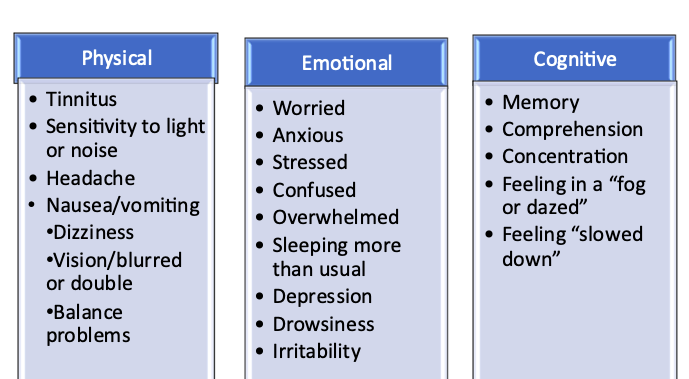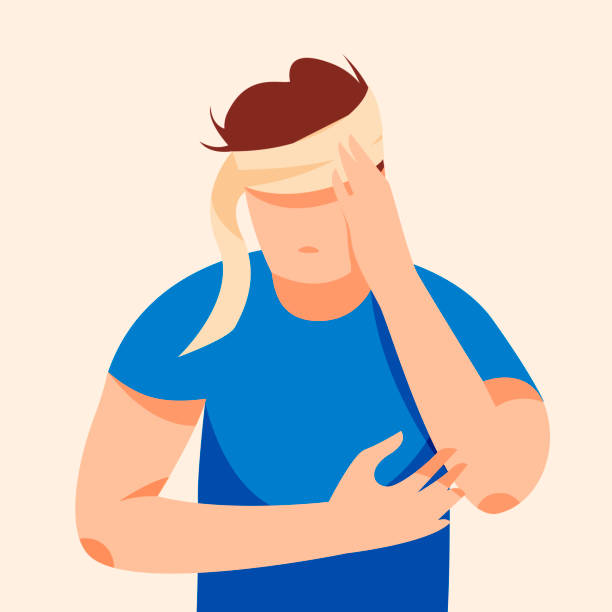ACQUIRED OR TRAUMATIC BRAIN INJURY (ABI, TBI)
An acquired brain injury (ABI) or Traumatic Brain Injury (TBI) refers to any damage to the brain that occurs after birth and is not related to a congenital or a degenerative disease.
The damage occurs because of movement of the brain within the vault of the skull causing shearing of some of the underling brain fibers.
You do NOT have to hit your head to sustain a brain injury.
These usually invisible injuries can be caused by:
- Motor vehicle accident (bus, pedestrian, motorcycle, scooter)
- A slip and fall (or an ‘almost’ fall)
- Sports and recreational activities
- Battery and abuse (assault, domestic abuse or IPV or intimate personal violence; shaken baby syndrome)
- Gunshot wounds
- Explosive blasts, combat injuries
A concussion is a descriptor used to refer to a mild Traumatic Brain Injury (mTBI). Although no brain damage can be seen on imaging techniques, the effects of sustaining a mTBI or TBI can be the same.
Because a TBI /mTBI is invisible and can cause STRANGE and NEW sensations that you have never experienced before, it is important to separate the PHYSICAL FEELINGS of an injury with other types of feelings you may be experiencing- and discuss these findings with your health professionals.
PHYSICAL SENSATIONS like aching, stabbing, shooting, burning, knife-like, cramping, are usually caused by injury to the body.
But other physical sensations can include:
There are many bodily systems that need to work together to keep us healthy and functioning well. Do not be shy about talking about strange or difficult to describe sensations.
Be proactive and assertive about WHAT you are feeling … and HOW those new sensations make you feel.
Discuss any of your concerns with your family physician and other health/exercise professionals involved with your care and treatment.
There is extensive and new research about TBI today – but applying that research into clinical practice needs both the skill of the health practitioner and your own awareness of changes to your body and brain.
 Check out the Resources about Brain Injury posted on ONTARIO NEUROTRAUMA FOUNDATION site: www.braininjuryguidelines.org and Brain Injury Canada: www.braininjurycanada.ca
Check out the Resources about Brain Injury posted on ONTARIO NEUROTRAUMA FOUNDATION site: www.braininjuryguidelines.org and Brain Injury Canada: www.braininjurycanada.ca
Read more about Acquired Traumatic Brain Injury under Special Topics: https://dontgototheouch.com/special-topics/acquired-traumatic-brain-injury/
This short video from Psych Hub will provide some additional information about Traumatic Brain Injury:



